Description
Allantoin is a chemical compound naturally produced by many organisms, including animals, plants, and bacteria. It is a frequent ingredient in lotions and skin creams, as well as in oral hygiene products, cosmetics, and other toiletries. It is also used in medications for dermatological conditions including acne, impetigo, eczema, and psoriasis. It is effective at very low concentrations, usually from 0.1% to 2%.
The allantois, from which allantoin gets its name, is an embryonic excretory organ present in most mammals, except humans and higher apes, in which the compound accumulates. It is also present in plants including comfrey, sugar beet, tobacco seed, chamomile, and wheat sprouts. Herbal extract of comfrey is a popular source of allantoin. It may also be synthesized from animal urea.
Allantoin is odourless, safe, non-toxic, and non-allergenic. It is moisturising and keratolytic, meaning that it causes keratin in the skin to soften. This property helps skin to heal more quickly and to bind moisture more effectively, making products containing this substance useful for dry skin and for healing wounds, burns, and scars. It is also effective against sunburn, chapped lips, cold sores, diaper rash, and similar skin irritations. There are a number of chemical compounds that are good for the skin, and one of the most versatile is allantoin. This compound can be found naturally in most animals and plants, and is also synthesized in laboratories when being used for commercial purposes. Allantoin has a number of skin care applications, and is thought to have moisturizing effects as well as properties that help create smooth, healthy skin. Allantoin is found in a number of different products, such as acne scar treatments and moisturizers, and is usually safe for all skin types.
Allantoin for Acne Scars
If your skin is rough or pitted with scars from serious or chronic acne, then products that contain allantoin may be a good choice when it comes to smoothing and healing the imperfections. This ingredient can also soothe the skin without causing irritation, which as important factor if you’re using an acne medicine that contains salicylic acid or benzoyl peroxide. Allantoin also provides a natural protectant for healing skin and is believed to promote cell regeneration. By stimulating the natural rejuvenation process, allantoin can help get rid of acne scars and create a more balanced skin tone.
Allantoin for Smooth, Moisturized Skin
Not only does allantoin help skin to lock in moisture, the chemical also encourages skin to shed dead cells and grow new ones, which promotes healthy cell development and prevents dull, sallow skin. If you have sensitive, dry, or scaly skin, then using products that contain allantoin may benefit it by moisturizing, protecting, and healing all at the same time without causing any further adverse effects. Even in its synthesized form, allantoin is non-irritating and can be used on the skin daily, although people with sensitive skin are advised to test the use of this product gradually.
Using Cosmetics with Allantoin
Those with sensitivities to cosmetics may benefit from the use of products that contain allantoin. Many different cosmetic products contain this non-irritating compound, such as concealer, foundation, and lipstick, among others. If your skin is prone to rashes and other irritations when you wear even the best drugstore makeup, then you may want to consider shopping for cosmetics that contain allantoin to reduce the risk of breakouts and other reactions. Not only is this chemical less irritating than other compounds often present in cosmetics, but since it also moisturizes the skin, it may mitigate the effects of other, harmful ingredients.
Sunscreen with Allantoin
If your skin is prone to irritation when you wear sunscreen, then consider switching to a brand that contains allantoin. Not only will it provide you with UV protection, but it will also moisturize your skin and encourage healthy cell development as the product blocks UV rays. While the chemical itself does not block UV rays, it is often included in many sunscreen products to help reduce irritation. However, do keep in mind that any chemical has the potential to irritate the skin, and even cause a serious allergic reaction. Therefore, if you have highly sensitive skin, be sure to first discuss using products with allantoin with your dermatologist.

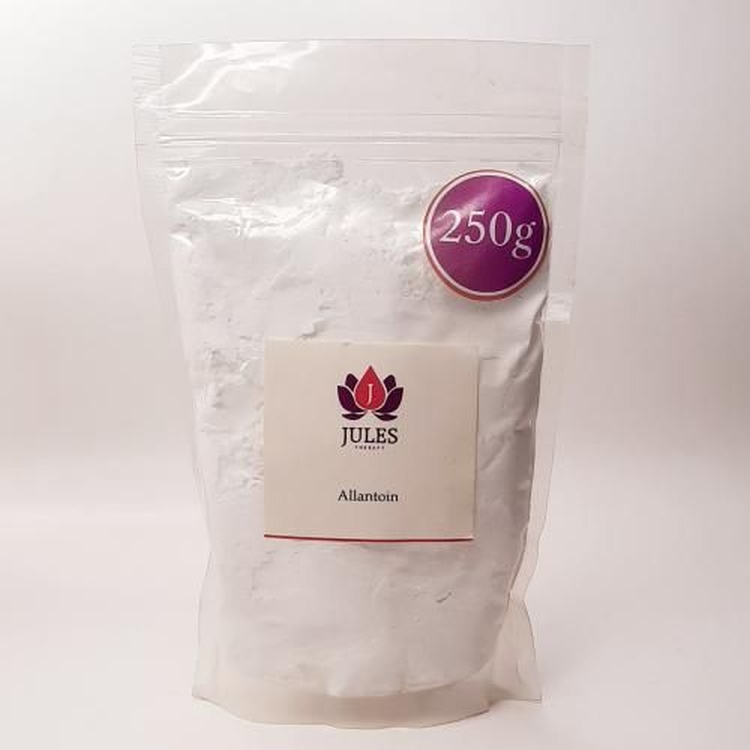
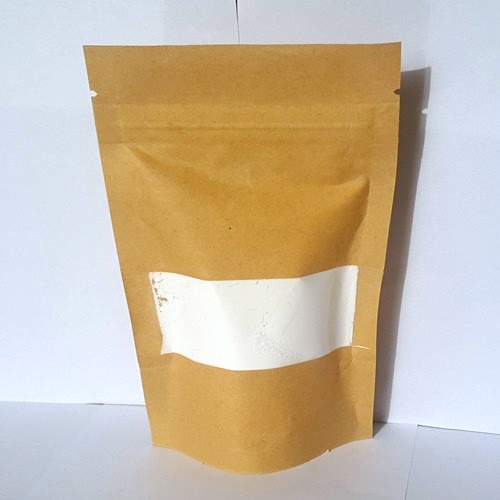
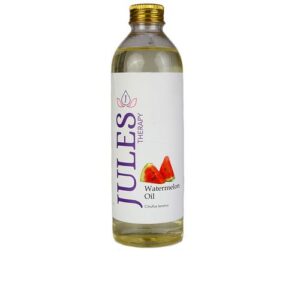
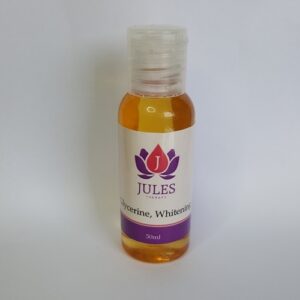
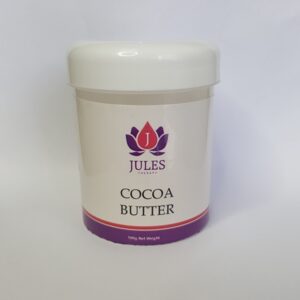
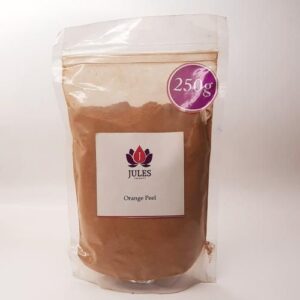
Reviews
There are no reviews yet.